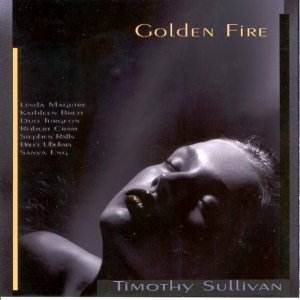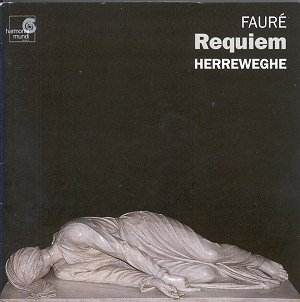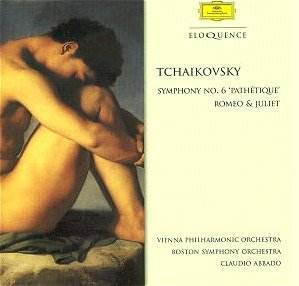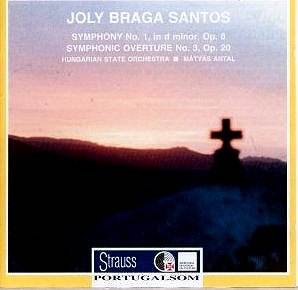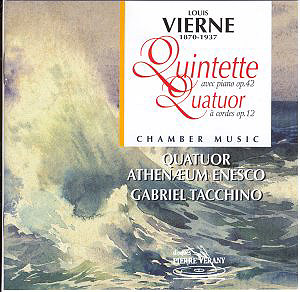 Composer: Louis Vierne
Composer: Louis Vierne
Works: Piano Quintet (1918), String Quartet (1894)
Performers: Gabriel Tachino (piano), Quatuor Athenaeum
Recording: Salle Adyar, Paris, September 1999
Label: Pierre Verany PV700011
Louis Vierne, primarily celebrated for his contributions to organ music, emerges in this recording as a compelling voice in the chamber music repertoire. The works presented here, the Piano Quintet from 1918 and the String Quartet from 1894, reveal a composer grappling with personal loss and existential reflection. The Piano Quintet, especially, is imbued with the weight of grief following the death of Vierne’s son, a tragedy that profoundly shapes its emotional landscape. Here, Vierne transcends his organist persona to deliver music that is rich with personal narrative, echoing the tumult of a world ravaged by war.
Gabriel Tachino and the Quatuor Athenaeum navigate the complex emotional terrain of the Piano Quintet with remarkable sensitivity. Their interpretation captures the duality of tenderness and anguish that characterizes the work. The first movement unfolds with a sense of nostalgia, the thematic material oscillating between lyrical beauty and stark dissonance. It is within the third track, where a palpable sense of bereavement and the ghostly joy of memory intertwine, that the performers truly shine. The ensemble’s balance is commendable, allowing the piano’s resonant harmonies to meld seamlessly with the strings, thereby enhancing the work’s layered textures. The connection to other contemporaneous works, such as Bliss’s Morning Heroes, becomes evident in the way Tachino and the quartet manage to articulate both the personal and universal aspects of grief.
The String Quartet, composed earlier in Vierne’s career, stands as a testament to his burgeoning compositional voice. While it exhibits Mendelssohnian influences, particularly in its lyrical lines and formal structure, it also reveals hints of Vierne’s later stylistic innovations. The performers bring a spirited energy to this work, particularly in the finale where the echoes of Bach’s counterpoint emerge, cleverly integrated into Vierne’s harmonic language. The performance highlights the quartet’s youthful exuberance, although at times it may lack the depth of expression found in the quintet.
The recording quality is commendable, with the acoustic of Salle Adyar enhancing the warmth of the string instruments while allowing the piano to resonate with clarity. The engineering preserves the nuances of each performer’s articulation, which is crucial in works that demand both technical precision and emotional depth. Comparisons to other recordings of Vierne’s chamber works reveal that while many capture the technical prowess of the composer, few delve as deeply into the emotional undercurrents as this performance does.
Gabriel Tachino and Quatuor Athenaeum present a compelling interpretation of Vierne’s chamber works, illuminating the emotional gravity of the Piano Quintet while also showcasing the promise of his early String Quartet. This recording not only serves as a valuable addition to the canon of chamber music but also invites listeners to explore the depths of Vierne’s artistic identity, one that intertwines personal sorrow with universal themes of memory and loss. The thoughtful execution and rich emotional tapestry found in this performance solidify Vierne’s position as a significant, if often overlooked, figure in the chamber music landscape.
